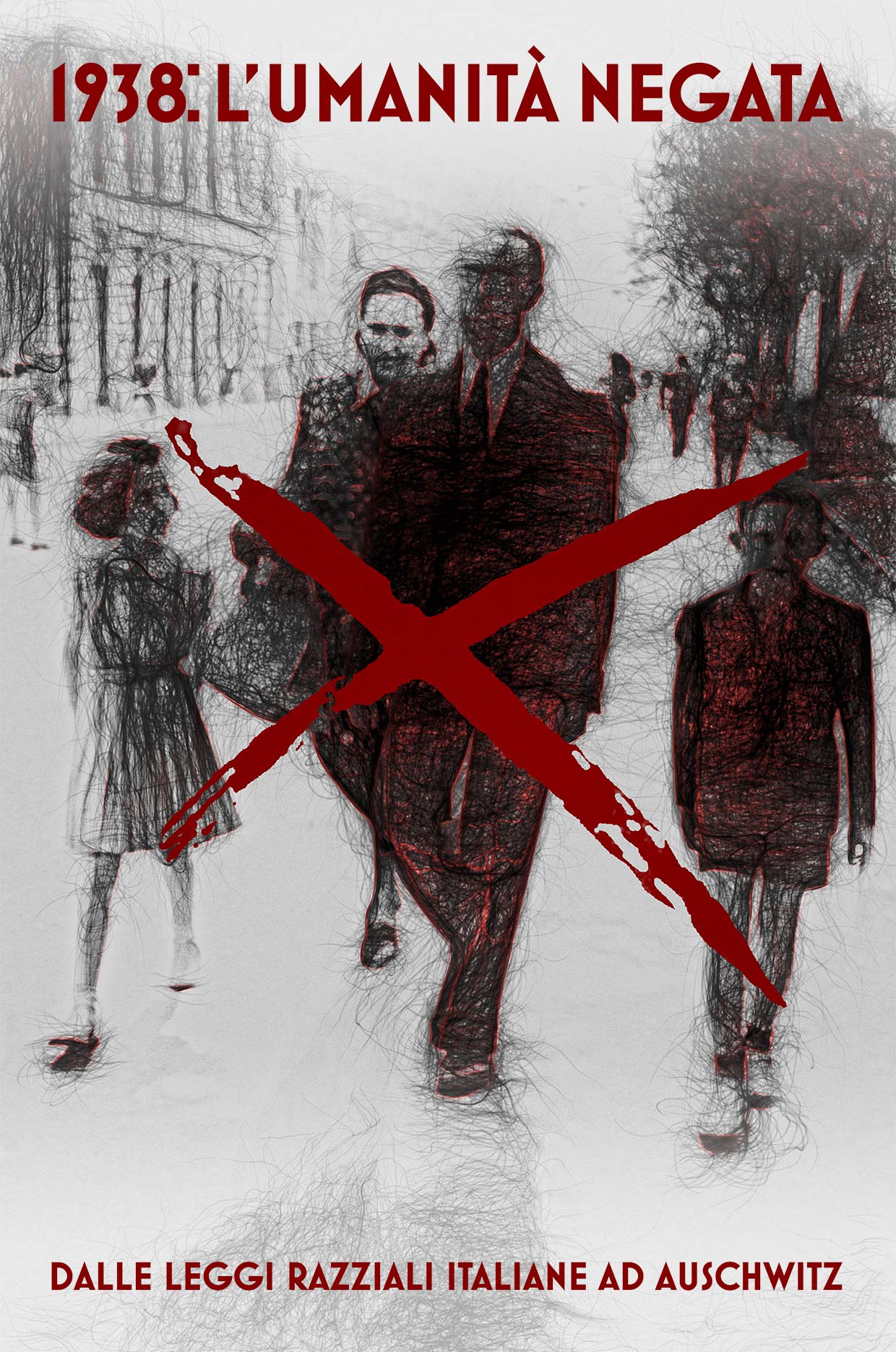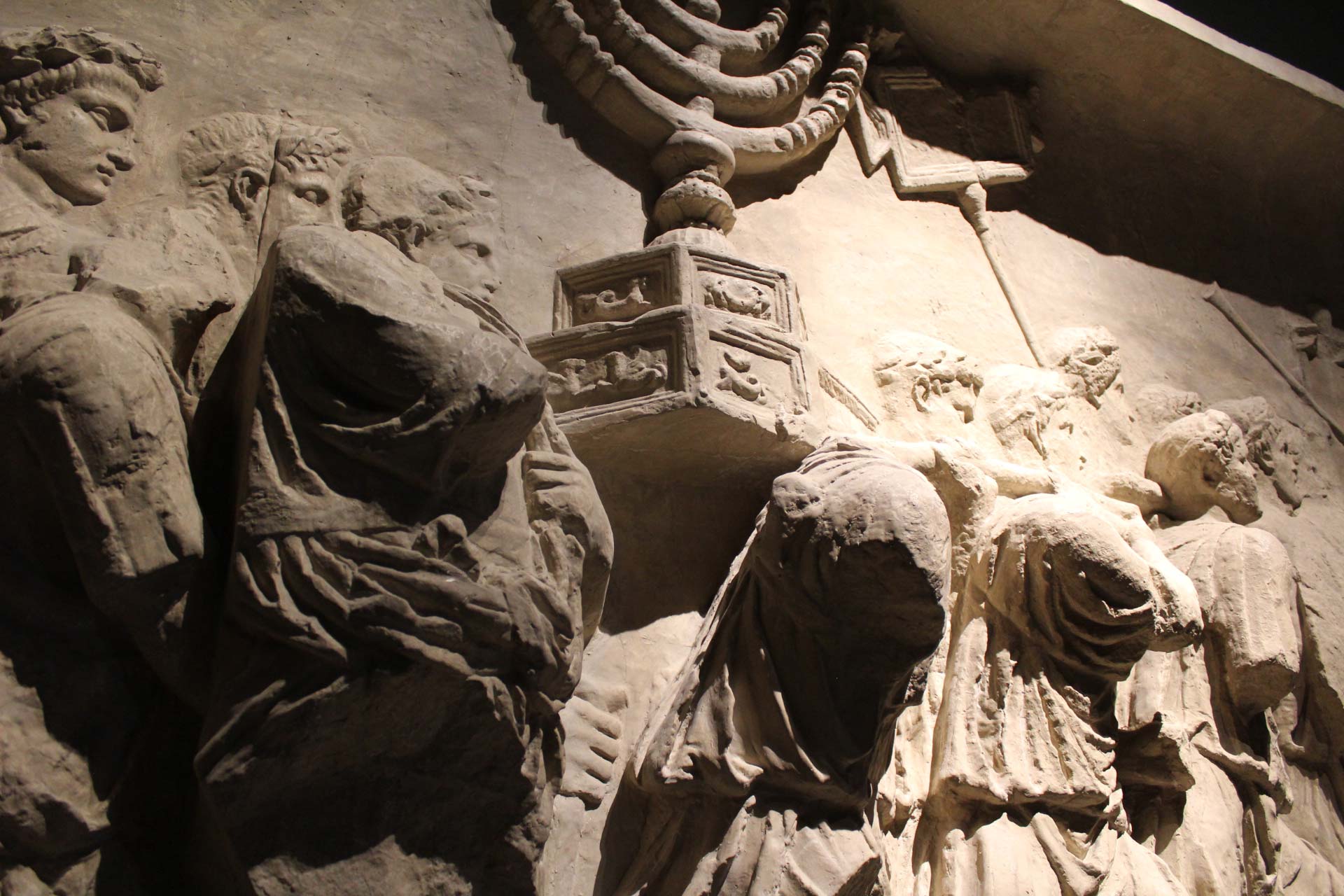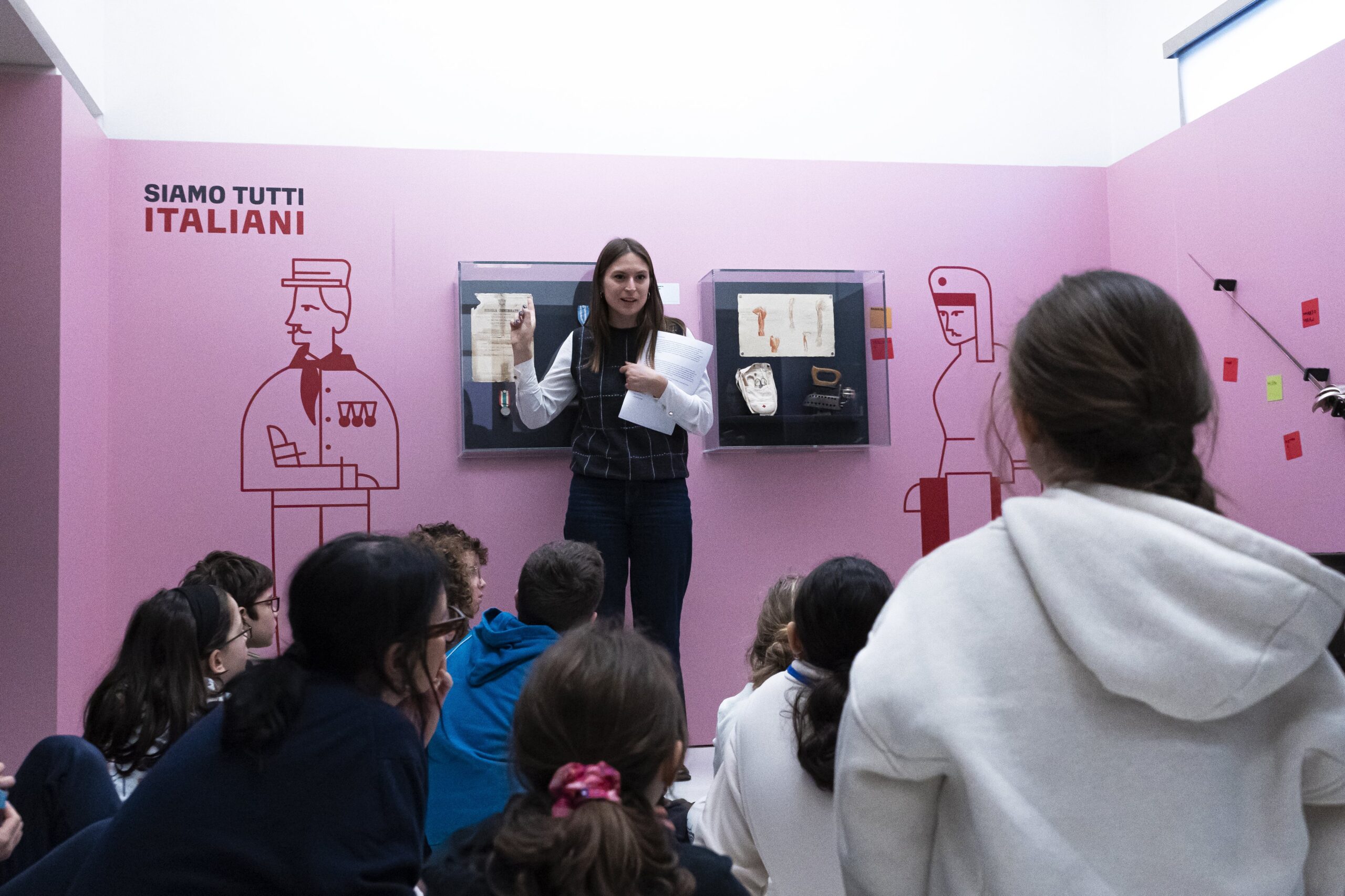
Italy Tells The Story Of Its Jewish People In New Museum

“The story of Jews in Italy is really an Italian story,” Dario Disegni said one recent autumn morning at Columbia University’s Italian Academy for Advanced Studies.
Disegni, president of the National Museum of Italian Judaism and the Shoah, was appearing at Columbia to discuss the museum, which is also known as MEIS, opens in Ferrara on December 13. Italy does not lack for museums dedicated to its Jewish history, or, more commonly, memorials. You can wonder at the minutely detailed synagogues in Venice’s former Jewish ghetto, and mourn the limits that were imposed on the lives of the ghetto’s residents. Outside Rome, you can see what remains of a fourth-century C.E. synagogue, itself built on the ruins of a synagogue constructed five centuries earlier. In Carpi, a town close to Modena, you can visit the Museum to the Deported, a tribute to those who, including Primo Levi, were deported to concentration camps from the nearby Campo di Fossoli.
Yet Italy has not had a centralized institution that makes overarching sense of the history of its Jews. MEIS aspires to fill that void, beginning with an ambitious first exhibit: “Jews, an Italian Story: The First Thousand Years.”
In Italy, Disegni said, “when [people] speak of Jews, they mean Jews are the people of the Shoah.” A wing of the new museum will be dedicated to the horrors of the Holocaust. Yet the choice to open the museum without emphasizing the effects of World War II on Italy’s Jews reflects a clear philosophical framework. Yes, the Holocaust happened to the Jews; just as deserving of attention are the remarkable contributions the Italian Jewish community made to Italian culture since the earliest days of the Common Era.
“Its goal is to communicate the uniqueness of the history of Italian Judaism,” Disegni said, “describing for the first time in Italy how the Jewish presence in Italy was formed in stages, and how from generation and generation the Jews of Italy built their own unique identity, even with respect to the rest of Judaism.”
Initially, MEIS wasn’t established to address that complex legacy. When it was first conceived in 2003, it was intended to be a national museum of the Shoah. Disegni, who joined the project in 2015 — his current mandate expires at the end of 2019 — said that mission was expanded in 2006 so that the institution would become “the museum of national Jews.”
There’s a notable irony to that mission. The first building of MEIS — five more, which Disegni described as “inspired by the five books of the Torah,” are expected to open by 2020 — is Ferrara’s former prison. It’s been remodeled, and images Disegni shared of its new interior were bright and open. But while Italian Jews were well integrated in Italian culture by the time of the Holocaust, imprisonment of various kinds has been a recurring theme for Jews in Italy. Starting in the 16th century, Jews in major cities, including Rome, Florence and Bologna, in addition to Venice, were required to live in ghettos. While scholars disagree over the lengths to which Jews were persecuted under the fascist government of Benito Mussolini, Mussolini did end up enacting laws that imposed racial restrictions upon Jews. And when Italy was occupied by Nazi Germany’s forces following the July 1943 collapse of Mussolini’s independent regime, about 10,000 Jews were deported to concentration and death camps, in which around 7,700 — just over 17% of Italy’s Jewish population — died.
A unique identity? Yes. An identity separate from the forces of prejudice that characterized the experiences of Jews elsewhere in Europe? Not entirely.
Yet some persecuted European Jewish communities did find a home in Italy; Disegni, discussing the choice of Ferarra as the site for MEIS, mentioned that it had once been a hub for Jews from diverse geographic and cultural backgrounds.
“To Ferrara came Roman Jews, Sicilian Jews, Tuscan Jews, and Sephardic Jews from Spain and Portugal,” he said. So, eventually, did the Inquisition; according to the Jewish Encyclopedia, in 1553, Ferrara’s Talmuds and other religious writings were burned. Nevertheless, Ferrara never established a ghetto, and its rulers generally tended to treat Jewish residents with respect, welcoming those who had fled more oppressive rulers.
For Disegni, the museum’s first exhibit is timely despite its focus on the past.
“I think there’s something paradigmatic in the present situation, because now we are facing dramatic problems of migrations, and how to integrate different populations who escape from war, from tragedies, and come to Europe,” he said. “I think that the model represented by the Jewish community, which was a community that integrated in the society without abandoning and developing their identity, their cultural values, their religious values and so on, is a really good model to have in mind.”
Read more: https://forward.com/culture/38…
Altri contenuti
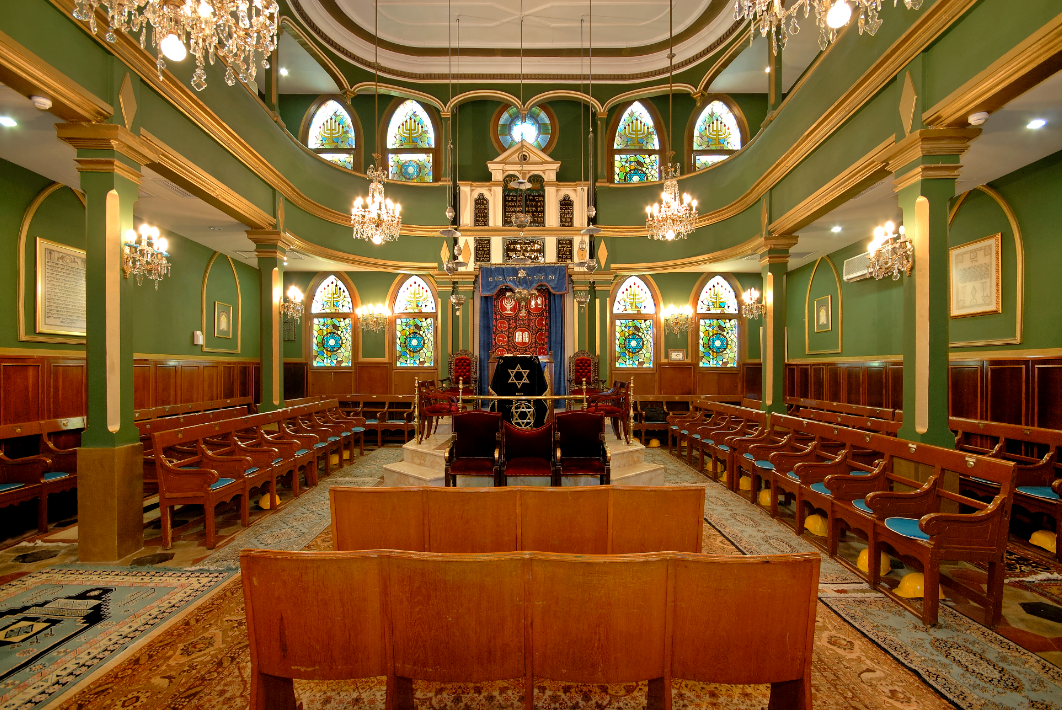
12 febbraio, evento online

Giorno della Memoria 2026, il calendario degli eventi

Giorno della Memoria 2026, il programma per le scuole
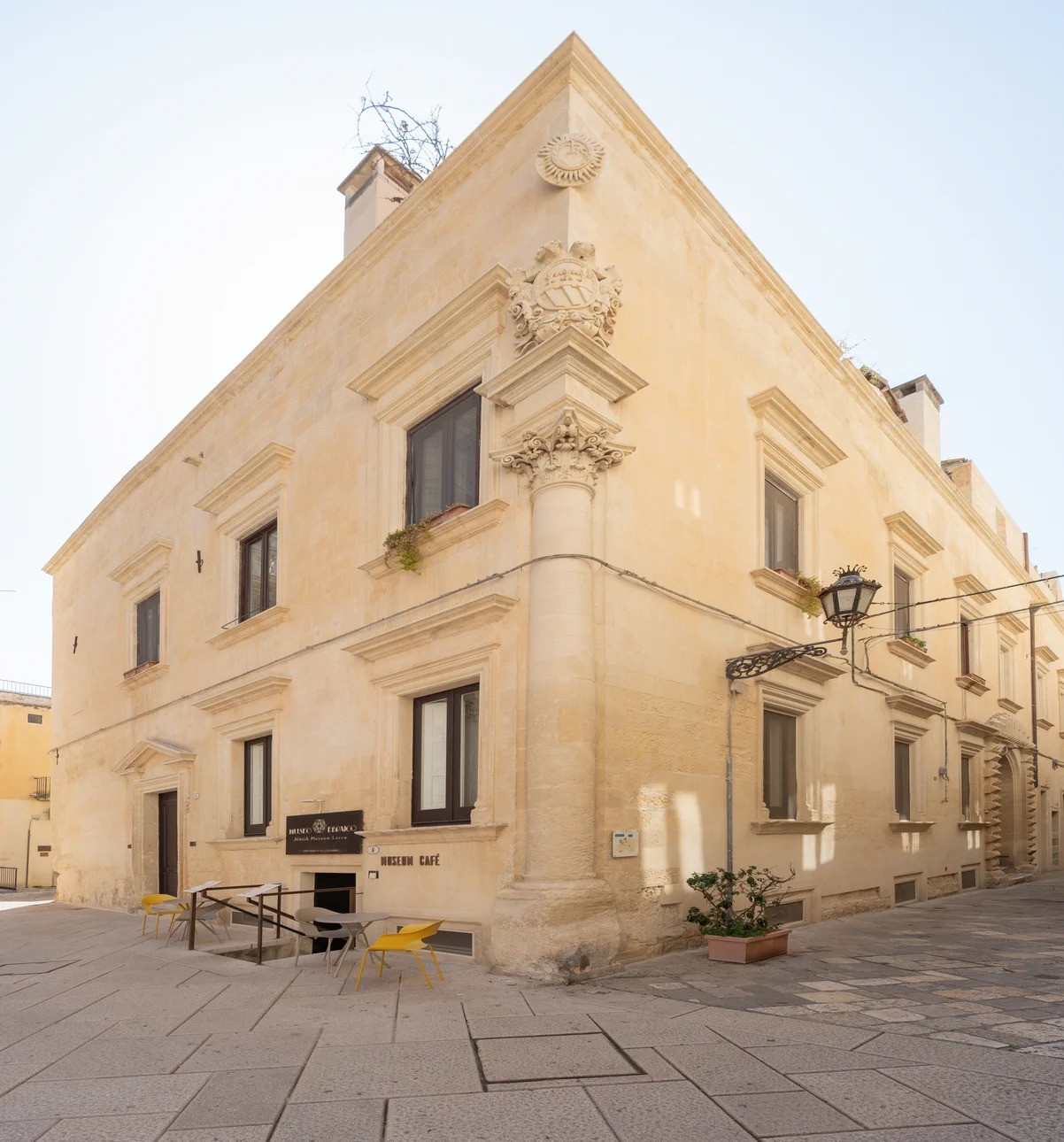
Viaggio alla scoperta del Salento ebraico


